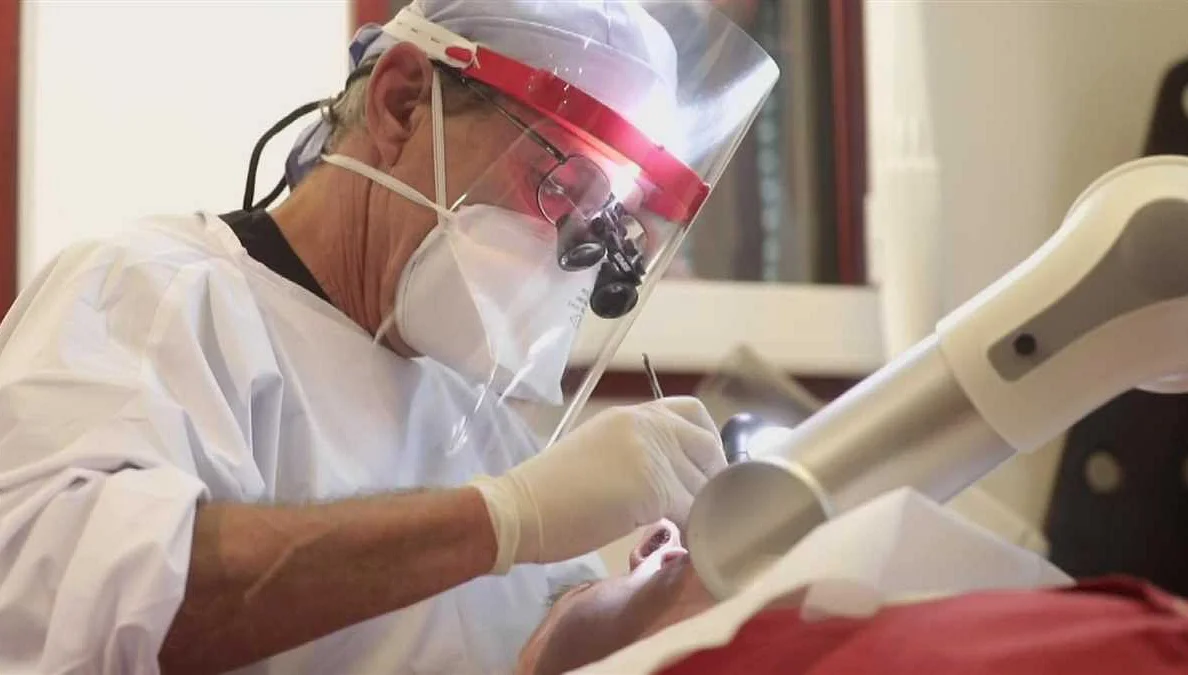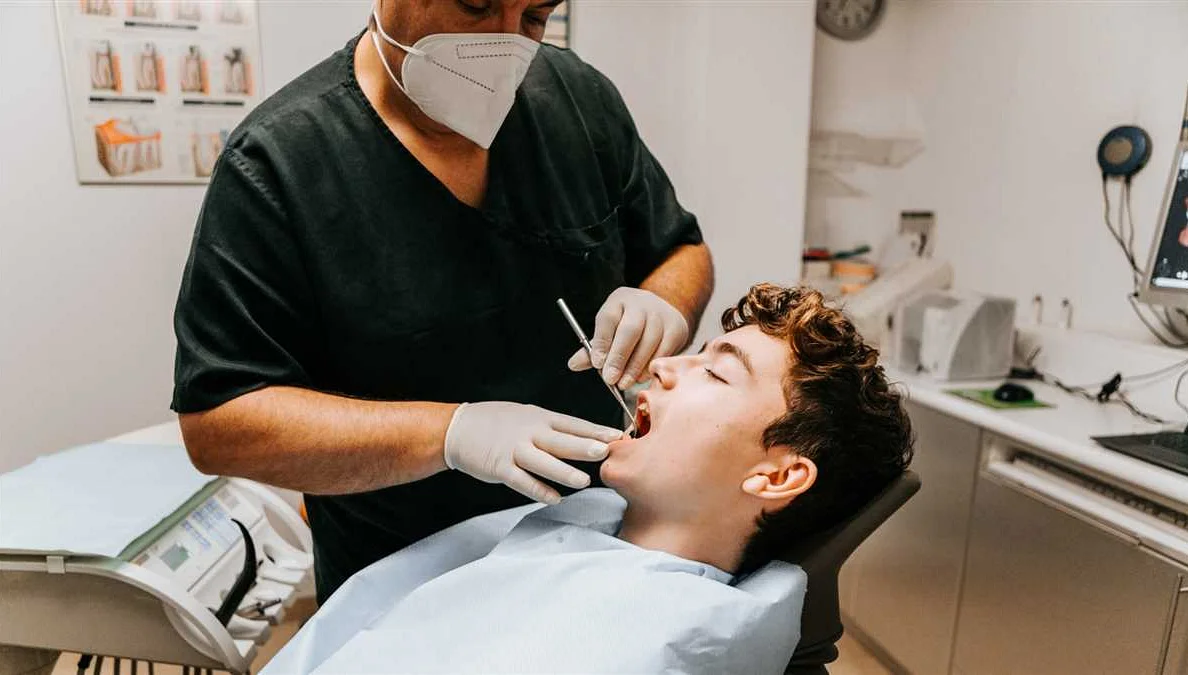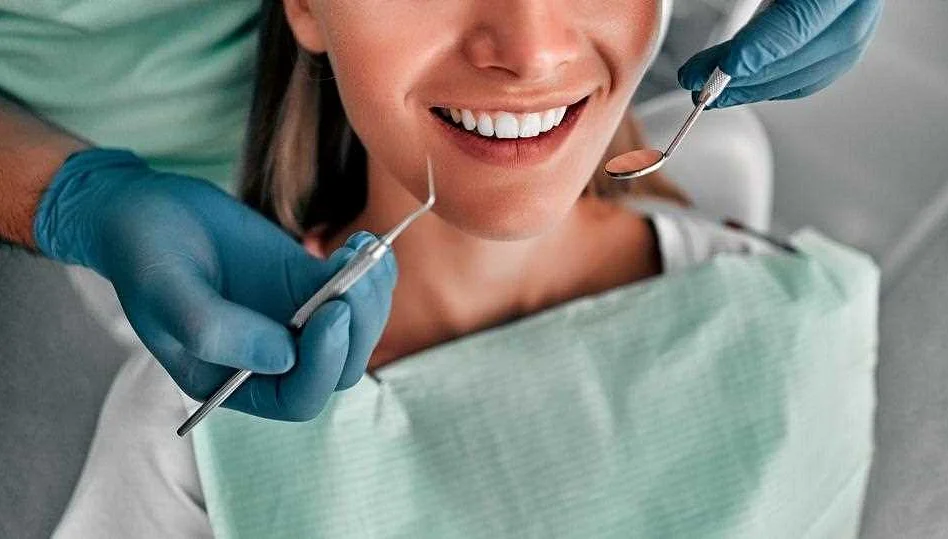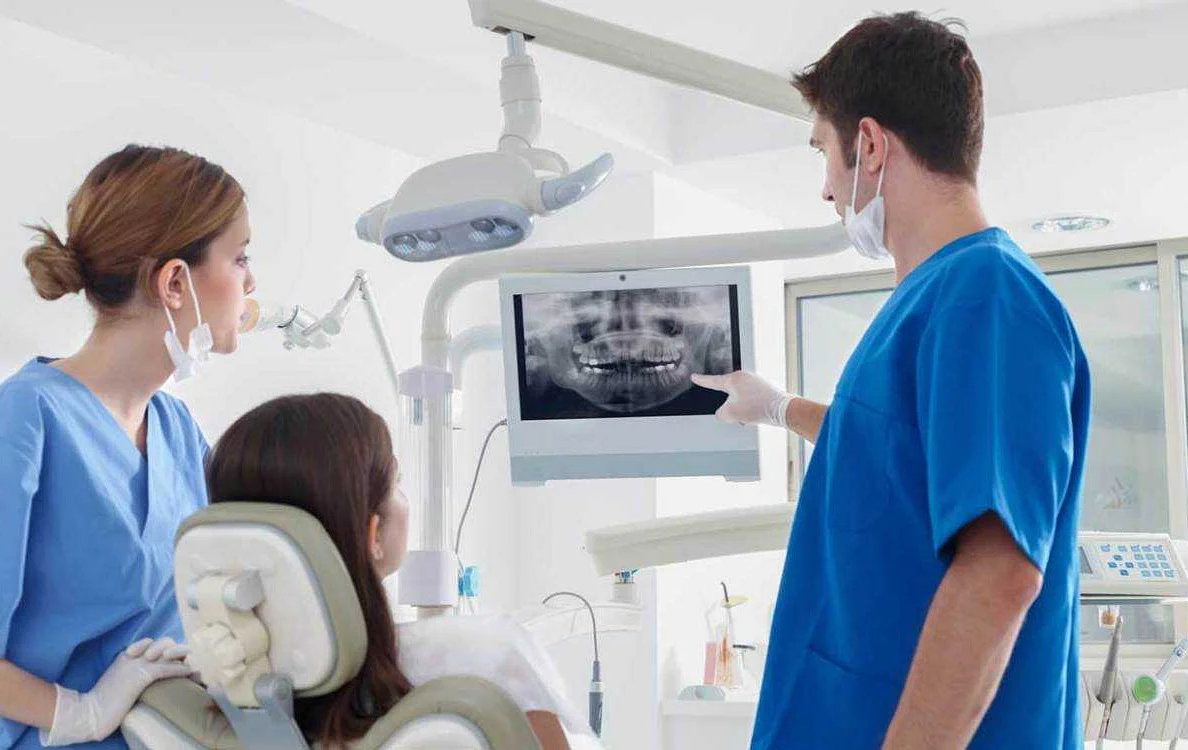5 Tips from a Dentist on How to Save Money on Dental Treatment
Содержимое
Learn five expert tips from a dentist on how to save money on dental treatment. Discover strategies to lower dental costs and maintain a healthy smile without breaking the bank.
Did you know that dental treatment can take a toll on your wallet? From routine check-ups to more complex procedures, dental care can be expensive. But don’t worry, there are ways you can save money on your dental treatment without compromising on quality. As a dentist, I’ve seen firsthand how patients can make smart choices and keep their dental costs in check.
1. Practice Good Oral Hygiene
One of the best ways to save money on dental treatment is to prevent dental problems in the first place. By maintaining good oral hygiene, you can significantly reduce your risk of tooth decay and gum disease. Brushing your teeth twice a day, flossing regularly, and using mouthwash can help keep your teeth and gums healthy. This means fewer visits to the dentist for costly treatments.
2. Choose a Dental Insurance Plan
If you don’t have dental insurance, consider getting one. Dental insurance can help cover the cost of routine check-ups, cleanings, and even some treatments. Research different insurance plans and choose the one that best suits your needs and budget. Remember to read the fine print and understand what is covered and what is not, so you are not surprised by unexpected costs.
3. Take Advantage of Preventive Services
Many dental clinics offer preventive services at a reduced cost. These services may include dental cleanings, fluoride treatments, and dental sealants. Taking advantage of these services can help catch any dental issues early on and prevent them from becoming more severe and expensive to treat.
4. Consider Dental Schools and Clinics
Dental schools and clinics often offer dental services at a lower cost compared to private practices. These institutions provide dental care by supervised students or dental professionals at a reduced rate. While the cost may be lower, the quality of care is still top-notch. It’s a win-win situation: you get quality dental treatment at a more affordable price.
5. Discuss Payment Options with Your Dentist
If you need a costly dental procedure, don’t hesitate to talk to your dentist about payment options. Some dental clinics offer payment plans or financing options that can help make the treatment more manageable for your budget. Your dentist may be able to work out a payment plan that suits your financial situation, allowing you to receive the necessary treatment without breaking the bank.
With these tips in mind, you can save money on dental treatment without sacrificing your oral health. Remember, prevention is key, so take care of your teeth and gums every day. And don’t forget to schedule regular check-ups with your dentist to catch any potential problems early on. Your smile and your wallet will thank you!
Importance of Dental Health

Having good dental health is important for a number of reasons. First and foremost, it is essential for maintaining overall health and well-being. Poor dental hygiene can lead to a variety of health problems, including gum disease, tooth decay, and even cardiovascular disease.
Regular dental check-ups and cleanings are also necessary for preventing and detecting oral health issues early on. Dentists can identify potential problems, such as cavities or gum disease, and treat them before they become more serious and expensive to fix.
In addition to the physical benefits, having a healthy smile can also boost self-confidence and improve your social life. People with healthy teeth are more likely to smile and feel comfortable interacting with others.
Furthermore, practicing good dental hygiene and taking care of your teeth can save you money in the long run. By brushing and flossing regularly, you can prevent the need for expensive procedures, such as root canals or dental implants.
In conclusion, dental health is not just about having a bright and clean smile. It is crucial for maintaining overall health, preventing oral health problems, and reducing the risk of costly dental procedures. Investing in your dental health now can save you money and improve your quality of life in the future.
Discover the significance of maintaining good oral hygiene

Keeping your teeth and gums healthy is not just about having a bright smile, it also plays a crucial role in your overall well-being. Maintaining good oral hygiene is essential for preventing dental problems and ensuring optimal oral health.
Regular brushing and flossing are the foundation of a good oral hygiene routine. By brushing your teeth at least twice a day and flossing daily, you can remove plaque and prevent the buildup of harmful bacteria in your mouth. This helps to prevent tooth decay, gum disease, and bad breath.
Another important aspect of oral hygiene is visiting your dentist regularly. Dental check-ups allow your dentist to detect any early signs of dental issues and provide appropriate treatment before they become major problems. Regular cleanings can also remove tartar buildup, which cannot be removed with regular brushing and flossing alone.
Practicing good oral hygiene can also save you money in the long run. By taking care of your teeth and gums, you can prevent the need for costly dental treatments such as fillings, root canals, and extractions. Investing in preventive care now can help you avoid more expensive treatments later on.
In addition to brushing, flossing, and dental check-ups, there are other habits you can adopt to maintain good oral hygiene. Limiting your consumption of sugary and acidic foods and drinks can help prevent tooth decay. Quitting smoking and avoiding tobacco products can also improve your oral health and reduce your risk of oral cancer and gum disease.
Remember, maintaining good oral hygiene is not just about having a beautiful smile. It is a vital part of your overall health and well-being. By practicing good oral hygiene habits and seeking regular dental care, you can enjoy a lifetime of healthy teeth and gums.
Preventive Measures

Prevention is key when it comes to maintaining good dental health and avoiding costly dental treatments. Here are some preventive measures you can take to save money on dental treatment:
- Brush and floss regularly: Keeping your teeth clean by brushing them at least twice a day and flossing daily is the first step in preventing dental problems such as cavities and gum disease.
- Use fluoride toothpaste: Fluoride is known for its ability to strengthen tooth enamel and protect against tooth decay. Using a fluoride toothpaste can help prevent cavities and reduce the need for dental fillings.
- Eat a balanced diet: A diet rich in fruits, vegetables, and whole grains can provide essential nutrients for strong teeth and gums. Avoiding sugary and acidic foods and drinks can also help prevent tooth decay and erosion.
- Stay hydrated: Drinking plenty of water throughout the day can help stimulate saliva production, which is important for maintaining oral health. Saliva helps wash away food particles, neutralize acids, and prevent dry mouth.
- Visit your dentist regularly: Regular dental check-ups and cleanings are essential for detecting and preventing dental problems early on. Your dentist can identify any issues and provide appropriate treatment before they become more serious and costly.
By taking these preventive measures, you can avoid common dental problems and save money in the long run. Remember, prevention is always better (and cheaper) than cure when it comes to dental health!
Learn how to prevent dental problems before they occur

Prevention is key when it comes to maintaining good dental health and saving money on costly treatments. By taking proactive steps to prevent dental problems, you can avoid the need for extensive dental work and reduce your overall dental expenses.
Here are some tips to help you prevent dental problems before they occur:
- Practice good oral hygiene: Brush your teeth at least twice a day, floss daily, and use an antimicrobial mouthwash to remove plaque and bacteria that can lead to tooth decay and gum disease.
- Watch your diet: Limit your consumption of sugary and acidic foods and drinks, as they can erode tooth enamel and contribute to tooth decay. Opt for a balanced diet rich in calcium and vitamin D to keep your teeth and gums strong.
- Wear protective gear: If you participate in contact sports or activities that pose a risk of dental injury, wear a mouthguard or helmet to protect your teeth from trauma.
- Visit your dentist regularly: Regular dental check-ups and cleanings are essential for early detection and prevention of dental problems. Your dentist can identify signs of tooth decay, gum disease, or other oral health issues before they become more serious and costly to treat.
- Quit smoking: Smoking not only stains your teeth but also increases your risk of gum disease and oral cancer. Quitting smoking can significantly improve your oral and overall health.
Remember, prevention is always better and more cost-effective than treatment. By incorporating these preventive measures into your oral care routine, you can maintain a healthy smile and save money on dental treatment in the long run.
Regular Dental Check-ups

One of the best ways to save money on dental treatment in the long run is by keeping up with regular dental check-ups. Many people make the mistake of only visiting the dentist when they have a problem or are experiencing pain. However, by the time you have symptoms, the issue may have progressed to a more serious and costly condition.
By scheduling regular check-ups with your dentist, you can catch any potential problems early on. Your dentist will be able to identify any signs of decay, gum disease, or other oral health issues that may require treatment. By addressing these issues sooner rather than later, you can often avoid more invasive and expensive procedures down the line.
During your check-up, your dentist will also perform a thorough cleaning to remove any plaque or tartar buildup. This can help prevent cavities and gum disease, saving you the cost of fillings, root canals, or periodontal treatments.
Additionally, regular dental check-ups can help you maintain good oral hygiene habits. Your dentist can provide guidance on proper brushing and flossing techniques, as well as recommend any necessary dental products. By following their advice, you can prevent issues before they arise and save money in the process.
Overall, investing in regular dental check-ups is a smart financial decision. By catching and treating issues early on, you can avoid costly dental procedures and maintain good oral health for years to come.